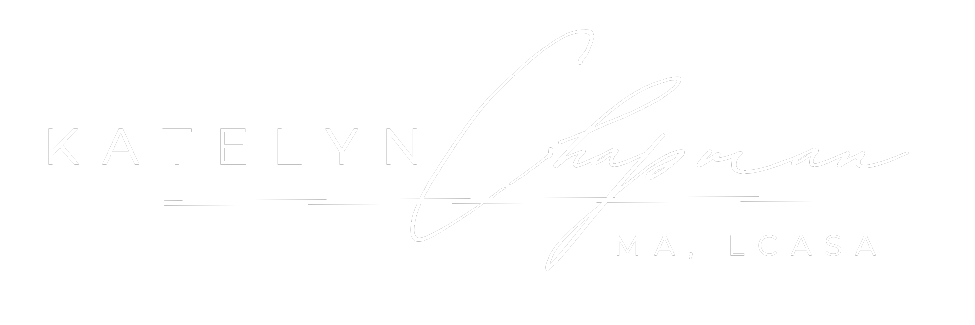Understanding the Therapy Modalities I Use: DBT, CBT, IFS, and Somatic Therapy
How evidence-based and body-based practices support addiction recovery and trauma healing
Healing from addiction and trauma is not linear—and it’s not one-size-fits-all. That’s why I use a blend of evidence-based and somatic therapies in my work with clients across Durham, NC and throughout North Carolina via telehealth. These approaches help address both the emotional and physical roots of substance use, anxiety, and trauma.
Below is an overview of the core modalities I use in my practice:
Cognitive Behavioral Therapy (CBT)
Dialectical Behavior Therapy (DBT)
Internal Family Systems (IFS)
Somatic Therapy
Each supports healing in its own unique way—and together, they offer a powerful path forward.
Cognitive Behavioral Therapy (CBT): Rewiring Thought Patterns
What is CBT?
CBT is a structured, short-term therapy that helps identify and shift unhelpful thoughts, beliefs, and behaviors. It’s especially effective for treating substance use disorders, depression, and anxiety, and can reduce the shame and stigma that often come with addiction.
Learn more from NAMI or the American Psychological Association.
How I use CBT in my practice:
CBT helps you break cycles of negative thinking and take practical steps toward change. In addiction counseling, we use CBT to manage cravings, build coping skills, and shift inner narratives like “I always mess up” or “I’m not strong enough.”
Dialectical Behavior Therapy (DBT): Regulating Emotions & Building Skills
What is DBT?
DBT was developed to help individuals struggling with emotional dysregulation and has since become a gold-standard treatment for addiction, self-harm, BPD, and trauma-related challenges. It teaches four key skills:
Mindfulness
Distress tolerance
Emotion regulation
Interpersonal effectiveness
Learn more from the Linehan Institute or Psychology Today.
How I use DBT in my practice:
We integrate DBT skills to help you better manage emotional triggers, reduce impulsivity, and improve relationships. This can be especially helpful in moments of overwhelm or when navigating high-risk relapse situations.
Internal Family Systems (IFS): Understanding Your Inner Parts
What is IFS?
Internal Family Systems (IFS) is a gentle, compassionate approach to therapy that views the mind as made up of different “parts”—like a protector, a critic, or a younger version of yourself. IFS helps you understand and heal these parts rather than push them away.
Learn more from the IFS Institute or Psychology Today.
How I use IFS in my practice:
IFS is incredibly powerful in addiction recovery. Rather than seeing addiction as a personal failing, we explore the protective role that substance use may have played. You’ll learn to meet yourself with more self-compassion and less shame—key to long-term healing.
Somatic Therapy: Healing Through the Body
What is Somatic Therapy?
Somatic Therapy focuses on the connection between the mind and body, recognizing that trauma often lives in the nervous system—not just in thoughts or memories. It uses body-based techniques like grounding, breathwork, movement, and nervous system regulation to support healing from the inside out.
Learn more from The Trauma Research Foundation or Good Therapy’s somatic therapy overview.
How I use Somatic Therapy in my practice:
For clients who’ve experienced trauma or who feel stuck in cycles of fight, flight, or freeze, somatic techniques can be transformative. You’ll learn how to recognize the body’s cues, build safety within yourself, and regulate emotions in real time—without needing to “talk through” everything right away.
Why I Integrate These Approaches
These modalities work in harmony to support the emotional, physical, and relational dimensions of recovery. I believe therapy should be personalized, nonjudgmental, and rooted in what works for you. Whether we’re working on reducing substance use, healing from trauma, or navigating family dynamics, my approach is trauma-informed, strengths-based, and deeply collaborative.
If you’re looking for addiction counseling in Durham, NC, or are exploring virtual therapy anywhere in North Carolina, I’m here to help.
📞 Ready to Start Your Healing Journey?
I offer a free, no-pressure consultation to help you explore your options and decide if therapy is the right next step.
